Search

How the Veterinary Lab Diagnoses Anthrax in a Beef Herd
Anthrax is a serious disease of cattle that pops up somewhere almost every year in South Dakota. It’s caused by a bacteria that survives as a very tough spore form in the soil. Knowing whether a death on pasture has been caused by anthrax is important for several reasons.
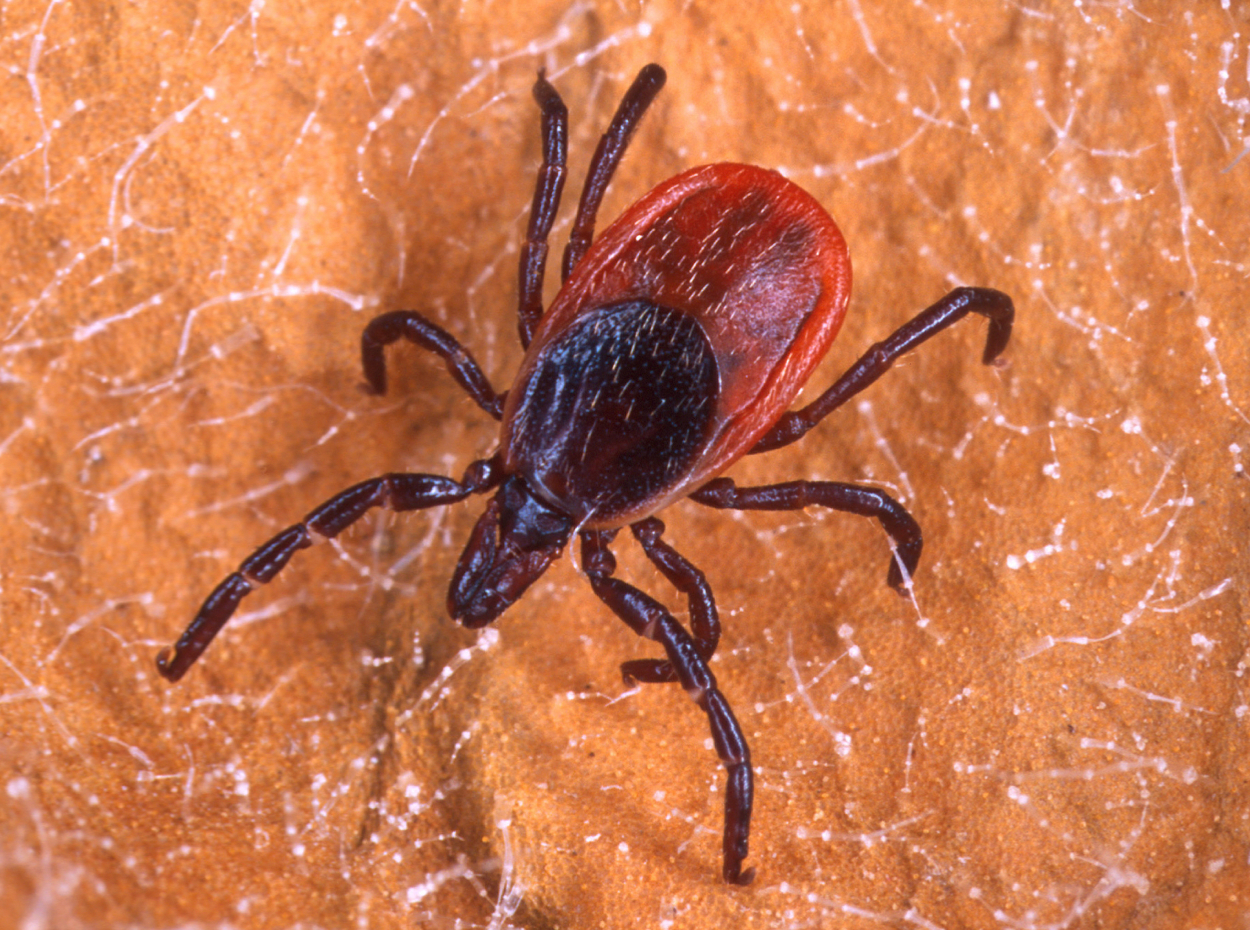
An identification guide to common Ticks of South Dakota
A guide to identifying common ticks in South Dakota
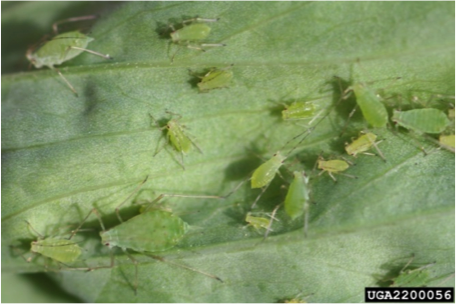
Soybean Aphids in South Dakota
Factsheet on Soybean Aphids in South Dakota
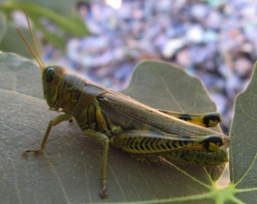
Grasshopper Mites in South Dakota
Fact sheet that covers the ectoparasite grasshopper mites.
![A herd of cattle gather around a stock pond on a vast, lush grassland. Courtesy: USDA [CC BY 2.0]](/sites/default/files/2019-05/W-00231-00-cattle-grazing-grassland-pasture-range.jpg)
The Environmental Disease Called Pinkeye
Plentiful moisture during the grazing season might contribute to what could be called a “bad year” for a certain cattle disease: pinkeye.

Census of Agriculture Cattle Insights
The "2017 Census of Agriculture" is a valuable source for insights related to cattle operations at the state level. There were 13,928 operations across South Dakota with cattle in 2017, and the total inventory was 3,988,183 head.

2017-2018 Multi-State Organic Oat Variety Trial Results
The tight production margins currently present in agriculture have increased interest in growing organic oats.
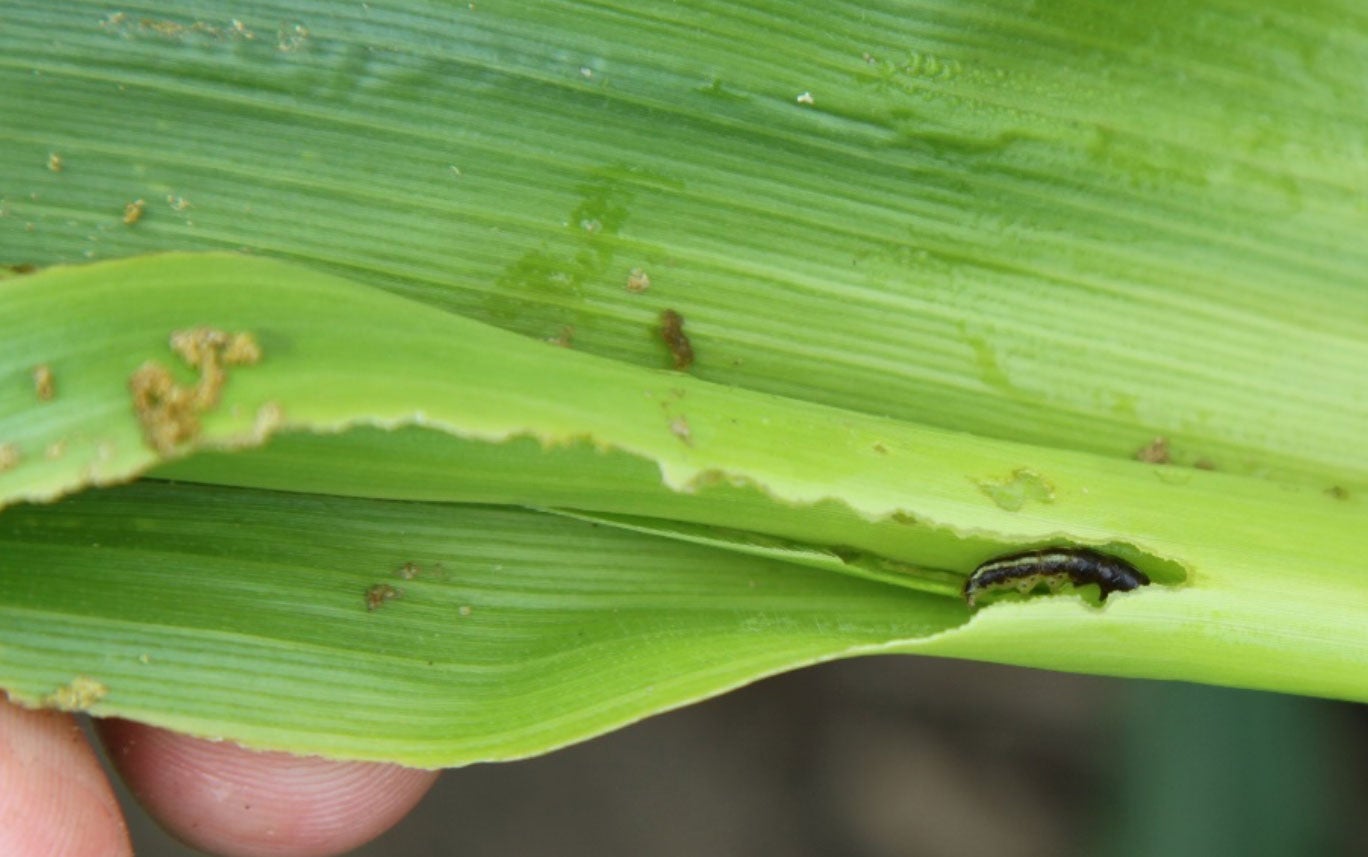
Common Stalk Borer Activity Update: May 16, 2019
The hatching and movement of common stalk borer caterpillars can be estimated by using degree days with a developmental threshold of 41 degrees Fahrenheit. Common stalk borer eggs typically begin to hatch at 575 degree days.
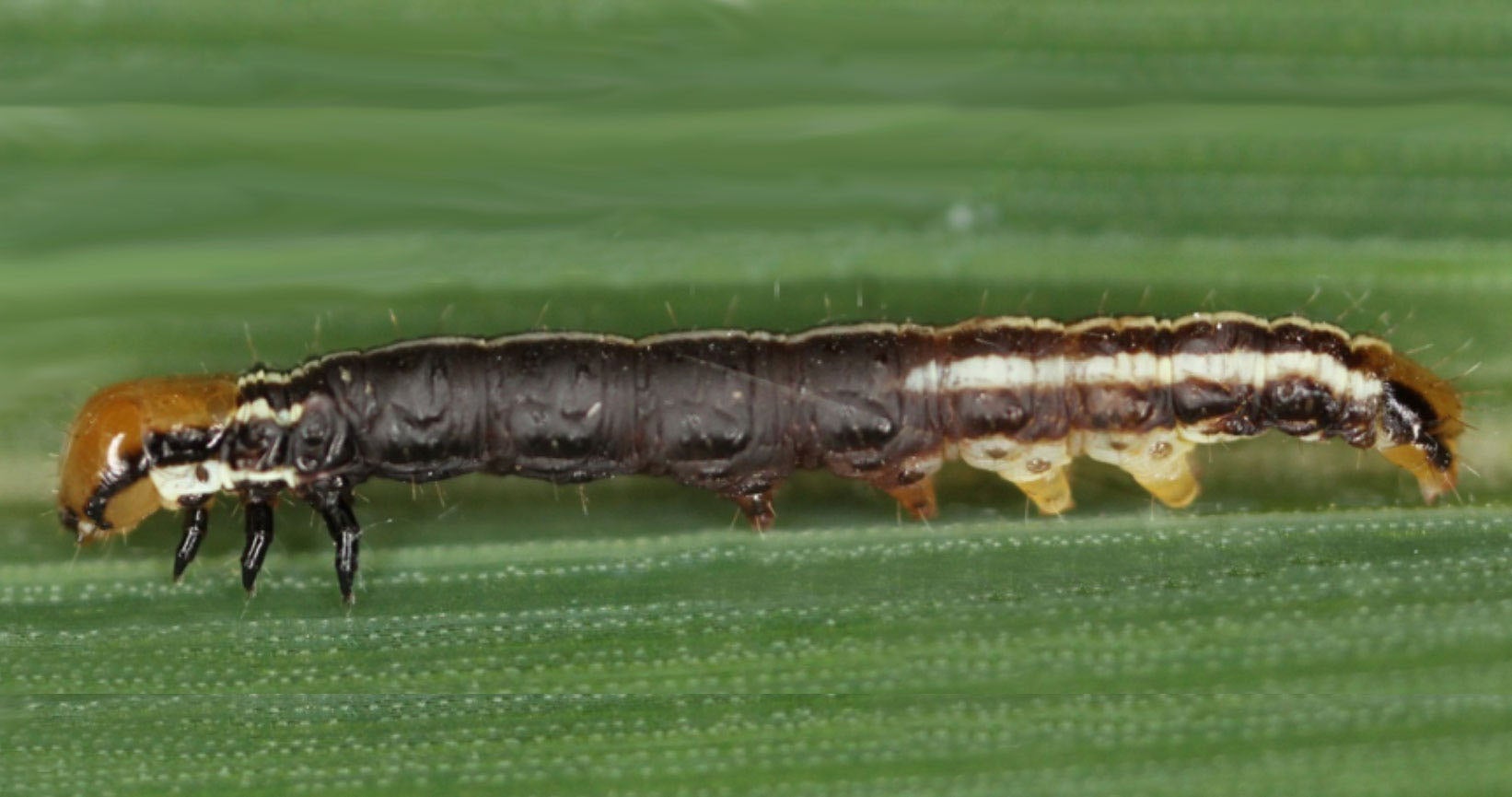
How to Identify Common Stalk Borers and Thresholds
As corn is being planted, it is important to remember that there are insect pests capable of injuring young, vegetative corn. One such pest is the common stalk borer. Although common stalk borer outbreaks are sporadic, when present in high numbers they can cause significant yield loss.
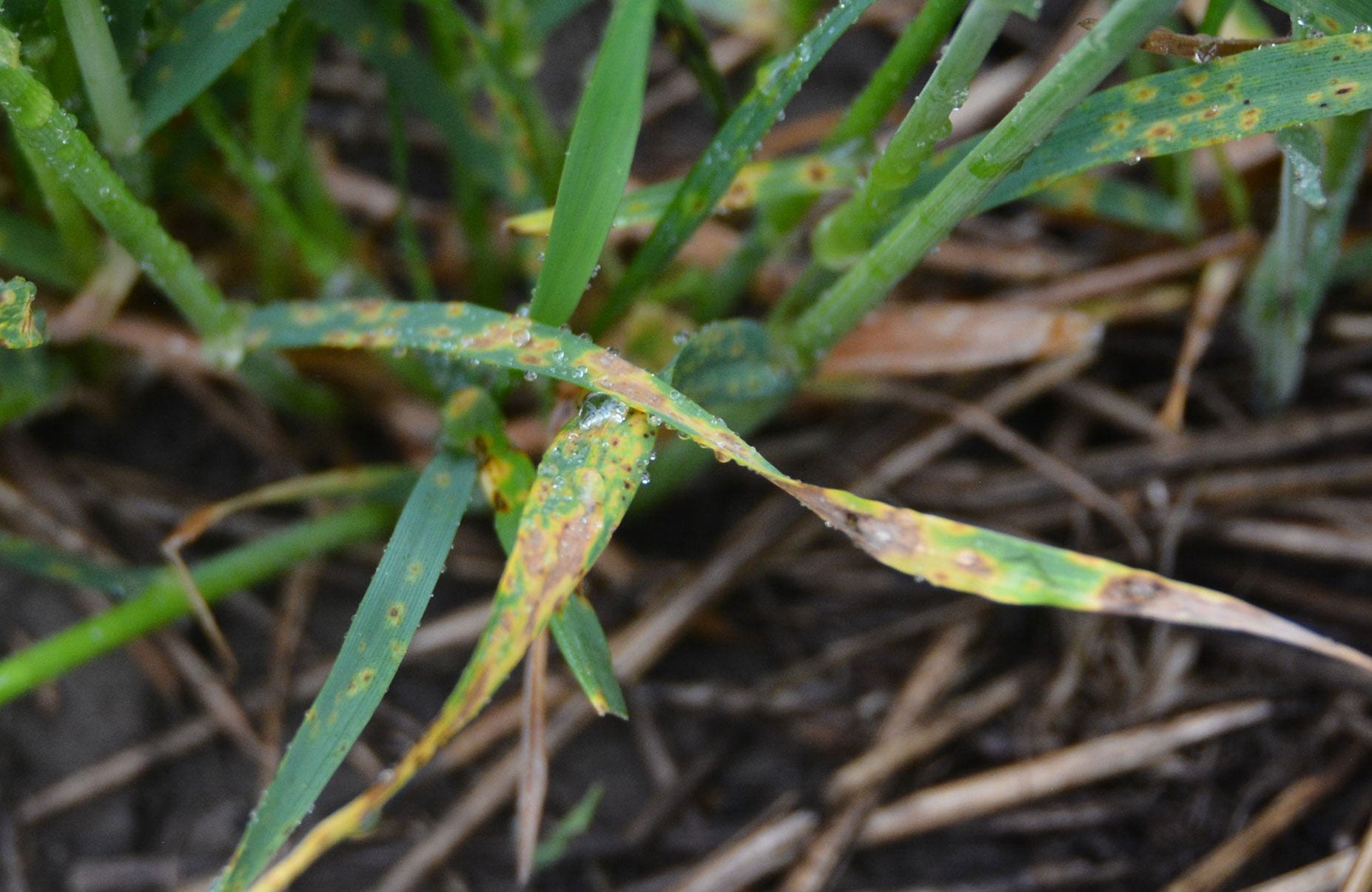
Diagnosing Early Diseases in Winter Wheat
Winter wheat progress is relatively behind the five-year average given the long winter season and low spring temperatures. However, it is important to scout and diagnose early-season diseases in winter wheat to determine the need for an early season fungicide.